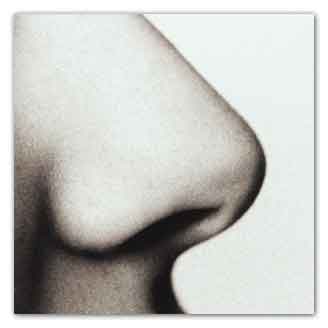News and Insights for
your best life. Online since 1998
- Home Health
- Breaking news
- In caso di...
- Per saperne di
più... - Medicina occidentale
- Medicine complementari
- Medicina cinese
e agopuntura - Omeopatia
- Fitoterapia

Your spouse says your snoring is driving her nuts.
You wake up feeling unrested and irritable.
These are common signs that you may have obstructive sleep apnea (OSA), a sleep disorder that—left untreated—can take its toll on the body and mind.
Untreated OSA has been linked to high blood pressure, heart attacks, strokes, car accidents, work-related accidents and depression. According to the American Sleep Association, OSA affects more than 12 million Americans.

The Greek word "apnea" literally means "without breath." With sleep apnea, your breathing pauses multiple times during sleep. The pauses can last from a few seconds to minutes and can occur more than five times per hour, to as high as 100 times per hour. (Fewer than five times per hour is normal). Sometimes when you start breathing again, you make a loud snort or choking sound.
Obstructive sleep apnea, the most common type, is caused by a blockage of the airway, usually when the soft tissue in the back of the throat collapses. The less common form, central sleep apnea, happens if the area of your brain that controls breathing doesn't send the correct signals to your breathing muscles.
According to Eric Mann, M.D., Ph.D., deputy director of FDA's Division of Ophthalmic, Neurological, and Ear, Nose and Throat Devices, you may be unaware of these events since they happen while you're sleeping. Because you partially wake up when your breathing pauses, your sleep is interrupted, and you often feel tired and irritable the next day.
Sleep apnea is almost twice as common in men as it is in women.
Children also get sleep apnea, most commonly between ages 3 and 6. The most common cause is enlarged tonsils and adenoids in the upper airway.
The first line of defense can be behavioral. Weight loss may go a long way toward improving OSA. It may also help to stop using alcohol or medicines that make you sleepy, because they can make it harder for you to breathe.
For more information
FDA - U.S. Food and Drug Administration
http://www.fda.gov/default.htm
MDN
del Dott. Turetta
Quali sono i problemi o le disfunzioni che possono giovarsi di un intervento omeopatico d'urgenza e, di conseguenza, come dovrebbe essere un ideale armadietto medicinale omeopatico casalingo.- Home -
- Health -
- Depressione -
- Sexuality
- Environment -
- Food -
- Musica -
- Capirsi -
- Grafologia -
- Ridere
Copyright © 1998/2018 www.mybestlife.com tutti i diritti sono riservati eccetto quelli già di altri proprietari.
.In caso di
Pubblicità
Per saperne di più su
Pubblicità
Pubblicità
Pubblicità
Pubblicità


